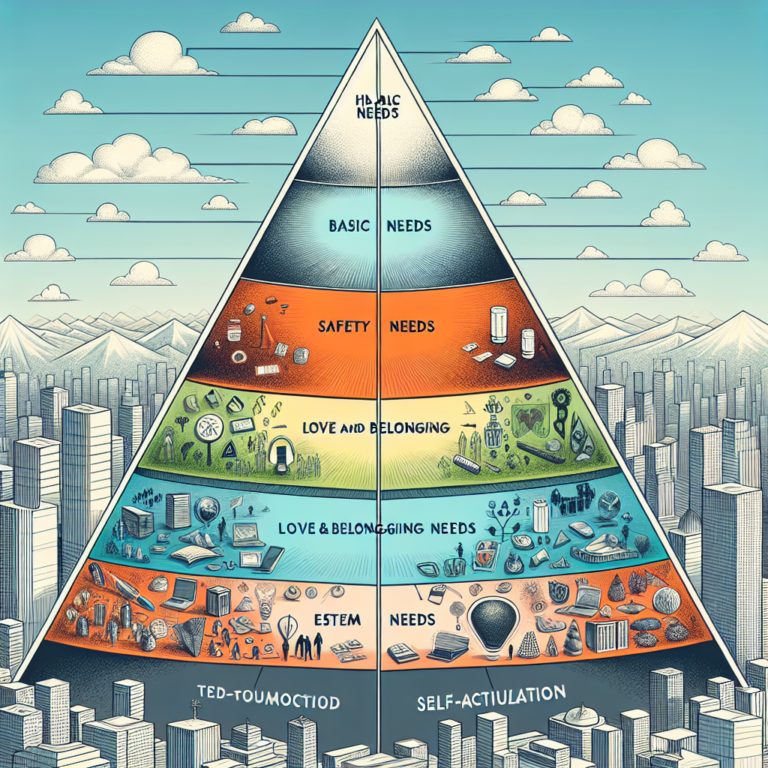
Mastering Time: Essential Management Strategies for the Busy Student
In today’s fast-paced academic environment, the art of time management has never been more crucial. With lectures, assignments, extra-curricular activities, and perhaps even a part-time job, busy students are often overwhelmed by their schedules. This article, Mastering Time: Essential Management Strategies for the Busy Student, aims to equip you with powerful techniques and practical advice designed to help you gain control over your time.
Introduction: The Time Tug-of-War
Imagine starting your day with a long list of tasks but feeling like you’re running on a hamster wheel, always busy but never getting ahead. Sound familiar? The struggle to balance responsibilities is universal among students.
Time management isn’t just about keeping a calendar; it’s a critical skill that can shape your academic and personal success. By mastering time, you can reduce stress, enhance your productivity, and improve your overall quality of life. Ready to take charge? Let’s explore essential strategies to help you thrive in your academic journey.
The Foundations of Effective Time Management
Understanding the fundamentals of time management is the first step in Mastering Time: Essential Management Strategies for the Busy Student. Effective time management doesn’t happen by accident. It requires intention and practice.
1. Understand Your Time
Before implementing any strategies, you need to know where your time goes. Keeping a time diary for one week can reveal how much time you really spend on each task.
Case Study: Sarah’s Time Diary
Sarah, a Sociology major, kept a time diary for a week and discovered she spent 15 hours a week on social media and 10 hours on binge-watching shows. After recognizing these time drains, she restricted her screen time and redirected that energy towards studying, allowing her to improve her grades significantly.
| Activity | Hours per Week |
|---|---|
| Classes | 20 |
| Study Time | 15 |
| Socializing | 10 |
| Social Media | 15 |
| Binge-Watching | 10 |
| Total | 70 |
This table illustrates Sarah’s total weekly hours. By adjusting where she spent her time, she could easily fit in more study sessions without sacrificing her social life.
2. Set SMART Goals
Once you understand your time expenditure, you can set SMART goals—Specific, Measurable, Achievable, Relevant, and Time-bound. These criteria will guide you in creating clear objectives that minimize procrastination and maximize efficiency.
Example: Instead of saying, “I want to study more,” rephrase it to “I will study for 2 hours every Monday, Wednesday, and Friday from 5 PM to 7 PM.”
3. Prioritize Tasks
Not all tasks are created equal. Prioritizing effectively can drastically reduce feelings of overwhelm. The Eisenhower Matrix is a fantastic tool for this.
The Eisenhower Matrix
| Urgent/Important | Urgent/Not Important | Not Urgent/Important | Not Urgent/Not Important |
|---|---|---|---|
| Complete essay due tomorrow | Respond to non-critical emails | Read chapter for next week | Scroll through social media |
| Final exam study | Attend club meeting | Research for a project | Watch TV series |
4. Time Blocking
One of the most effective strategies in Mastering Time: Essential Management Strategies for the Busy Student is time blocking. Allocate specific chunks of time for different tasks throughout the day. This structured approach prevents multitasking, which often leads to inefficiencies.
How to Implement Time Blocking
- Identify Tasks: Make a list of everything you need to do.
- Allocate Blocks: Assign 30-90 minute blocks for specific tasks.
- Use Tools: Tools like Google Calendar can help visualize these blocks and set reminders.
Increase Productivity with Technology
Incorporating technology into your time management strategies can enhance efficiency.
5. Use Productivity Apps
Leveraging apps can simplify your planning and boost your productivity.
| App | Purpose |
|---|---|
| Todoist | Task management |
| Trello | Project management |
| Google Calendar | Scheduling and time blocking |
Case Study: Mark’s Use of Apps
Mark utilized Todoist for task management and Google Calendar for time blocking. The combination allowed him to visualize his entire week, ensuring he didn’t overcommit. As a result, he completed assignments earlier and had more free time to enjoy.
Balancing Studies and Life
A well-rounded life is essential for academic success.
6. Schedule Breaks
Constant study can lead to burnout. The Pomodoro Technique advocates for studying for 25 minutes followed by a 5-minute break, enhancing focus and retention.
7. Maintain a Healthy Lifestyle
Never underestimate the power of self-care. Studies show that a balance of physical activity, proper nutrition, and adequate sleep can significantly improve cognitive function.
The Power of Reflection
8. Weekly Reviews
Set aside time each week to review what went well and where you can improve your time management strategies. Contemplation will allow you to adjust your approach continually.
Case Study: Lila’s Weekly Review
Lila, an Architecture student, committed to a weekly review every Sunday afternoon. This practice allowed her to adapt her time management strategies, leading to better project outcomes and lower stress levels.
Conclusion: Actionable Insights for the Future
In conclusion, Mastering Time: Essential Management Strategies for the Busy Student is an ongoing journey. By understanding how you spend your time, setting SMART goals, prioritizing tasks, time blocking, and utilizing technology, you can conquer your busy student life. Always remember to schedule breaks, maintain a healthy lifestyle, and reflect on your progress.
Plan, execute, review, and adapt. With these strategies in hand, grab hold of your time and make the most out of your student experience. You have the tools—now it’s time to use them!
FAQs
1. Why is time management important for students?
Time management is crucial for students as it helps reduce stress, improve academic performance, and create a balance between academic and personal life.
2. How can I improve my time management skills?
Start by understanding how you spend your time. Set SMART goals, prioritize tasks, and try time blocking. Tools like calendars and productivity apps can also support your efforts.
3. What is the Pomodoro Technique?
The Pomodoro Technique involves studying or working for 25 minutes, followed by a 5-minute break. This method enhances focus and prevents burnout.
4. How can I deal with procrastination?
Identifying the reasons behind your procrastination can help. Break tasks into smaller, manageable parts and set deadlines. Techniques like the Eisenhower Matrix can aid in prioritization.
5. Is it useful to reflect on time management strategies?
Yes! Regular reflections allow you to assess your time management effectiveness, adapt your techniques, and ensure continuous improvement in your productivity.
By utilizing these insights and strategies, you can streamline your studies and enjoy a fulfilling student life. It’s time to master your time!

















